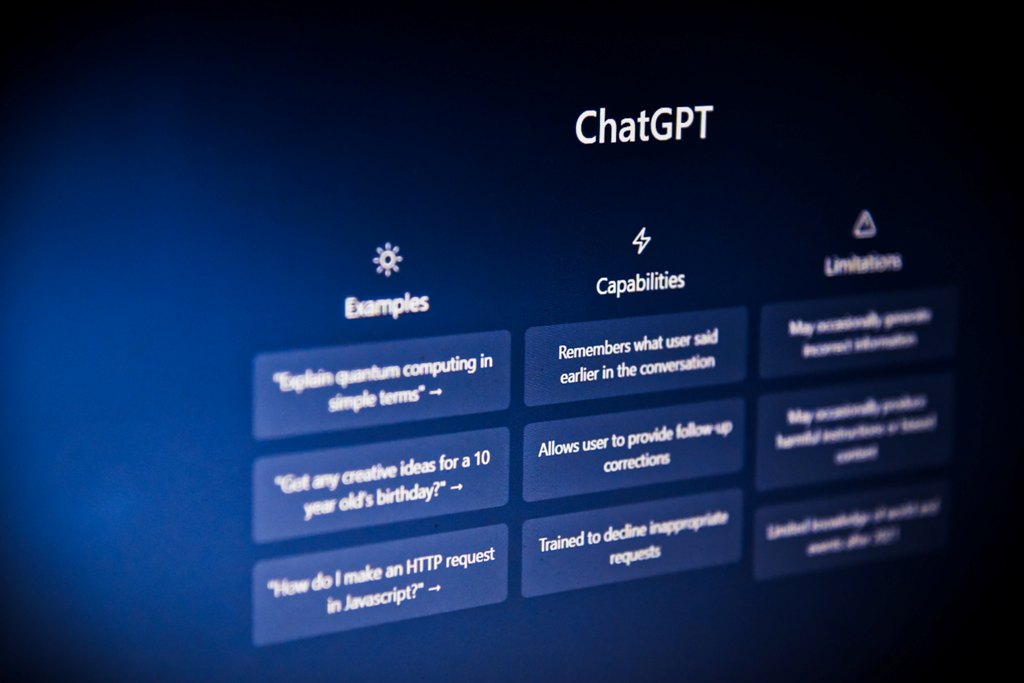Can I use ChatGPT for SEO content?
Yes, you can use ChatGPT to create SEO (Search Engine Optimization) content. It can be a valuable tool to help you generate high-quality, relevant, and engaging content for your website or blog. You can improve your website’s search engine rankings by providing valuable information and using targeted keywords.
Here are some tips for using ChatGPT for SEO content:
- Research your keywords: Identify your topic’s most relevant keywords and phrases. These should be terms your target audience is likely to search for. Use these keywords when interacting with ChatGPT to ensure it incorporates them into the content.
- Provide context: Providing the model with a clear context and your desired outcome will generate more accurate and relevant content.
- Focus on quality: Although you want to include keywords, don’t sacrifice the quality of your content. Strive to create informative, engaging, and well-structured content that provides value to your readers.
- Use headings and subheadings: Organize your content using headings and subheadings. This helps readers navigate your content more easily and makes it more accessible to search engines.
- Review and edit: After generating content with ChatGPT, review and edit it to ensure it meets your needs and is well-optimized for SEO. The model may not always generate perfect content, so refining it to meet your requirements is important.
Remember that SEO is an ongoing process and requires consistent effort. Creating high-quality content using ChatGPT is just one aspect of a comprehensive SEO strategy.
Is ChatGPT bad for SEO?
ChatGPT, when used correctly, can be beneficial for SEO. However, there are some potential pitfalls to be aware of that could negatively impact your SEO efforts:
- Over-optimization: If you focus too much on incorporating keywords and end up with unnatural or spammy content, it may harm your search engine rankings. Always prioritize creating high-quality, valuable content for your readers.
- Duplicate content: ChatGPT may generate content similar to existing articles or information on the web. Duplicate content can hurt your SEO, so reviewing and editing the generated content is essential to ensure it is unique and relevant to your website.
- Lack of expertise or authority: If the content generated by ChatGPT is not accurate or lacks the necessary depth, it may not be perceived as authoritative by search engines or users. This can hurt your site’s reputation and SEO performance. Always fact-check and enhance the generated content when necessary.
- Inconsistency in tone or style: ChatGPT-generated content may not always align with your website’s tone or style, affecting user experience and engagement. Ensure the content is consistent with your brand’s voice and messaging.
To avoid these pitfalls, always review, edit, and optimize the content generated by ChatGPT before publishing. ChatGPT can be a powerful tool to help you create engaging, informative, and SEO-friendly content when used responsibly.
Does Google penalize ChatGPT content?
Google does not explicitly penalize content generated by ChatGPT. However, Google’s algorithms are designed to prioritize high-quality, relevant, and valuable content for users. If the content generated by ChatGPT is low-quality, duplicate, spammy, or provides little value to users, it may perform poorly in search engine rankings.
Will ChatGPT replace content writers?
ChatGPT and other AI language models can significantly assist in content creation, but they are unlikely to replace content writers in the near future fully. There are several reasons for this:
- Human touch: While AI language models can generate coherent and contextually relevant content, they may not consistently capture the unique voice, style, or tone a human writer can bring to a piece. Content that resonates with readers often requires a level of empathy, creativity, and nuance that is difficult for AI to replicate.
- Expertise and domain knowledge: Human content writers with specialized knowledge in a specific field can create content that accurately reflects the depth and intricacies of a subject. Sometimes, AI-generated content may lack the necessary expertise or up-to-date information to provide truly authoritative content.
- Editing and refinement: AI-generated content often requires review and editing by a human writer to ensure it meets quality standards, is accurate, and aligns with the target audience’s expectations. Human writers play a crucial role in refining and polishing AI-generated content.
- Ethical considerations: AI-generated content may raise ethical concerns, including potential bias, misinformation, or manipulation. Human oversight is essential to ensure that AI-generated content adheres to ethical guidelines and maintains a high standard of integrity.
While AI language models like ChatGPT can streamline content creation and increase productivity, they will likely serve as a complementary tool for human content writers rather than fully replacing them. Human writers will continue to play an essential role in crafting high-quality, engaging, and empathetic content that connects with readers.
Is ChatGPT content copyrighted?
ChatGPT content falls into a gray area as an AI-generated output when it comes to copyright. Traditional copyright laws protect the works of human authors but do not address the issue of AI-generated content.
In many jurisdictions, copyright protection is granted to original works created by human authors. Since ChatGPT and other AI models generate content based on data and patterns learned from existing works, it can be challenging to determine originality or authorship in the traditional sense.
However, it is essential to consider the following:
- Source materials: When using ChatGPT, ensure you are not infringing on existing copyrights by directly copying or closely mimicking protected content. The content generated by ChatGPT should be unique, original, and not violate any copyright laws.
- Human involvement: If a human writer reviews, edits, and significantly contributes to the AI-generated content, it may be considered collaborative work, with the human author potentially holding copyright over the final product.
- Legal developments: As AI-generated content becomes more prevalent, lawmakers and regulatory bodies may develop new policies or adapt existing laws to address the issue of copyright and AI-generated content. Keeping an eye on legal developments is essential to stay informed and compliant.
While the current copyright landscape for AI-generated content is unclear, it is crucial to respect existing copyright laws, create unique and original content, and be aware of any legal changes that may affect the use of AI-generated content like ChatGPT.
Can ChatGPT be detected?
While ChatGPT-generated content can be of high quality and closely resemble human-written text, it is possible, in some cases, to detect that an AI language model generated the content. Researchers, experts, and some specialized tools such as Originaility.ai have been developed to identify AI-generated content.




 Social Media for Link Building: A New Age SEO Strategy
Social Media for Link Building: A New Age SEO Strategy